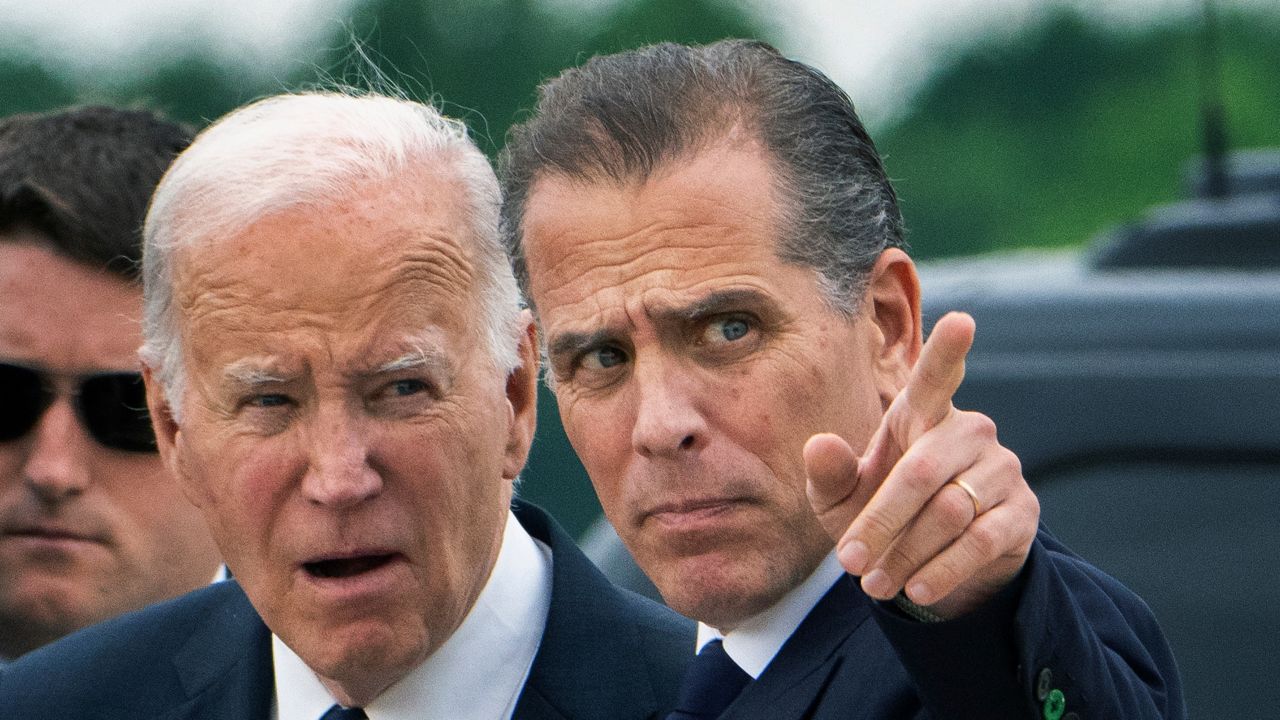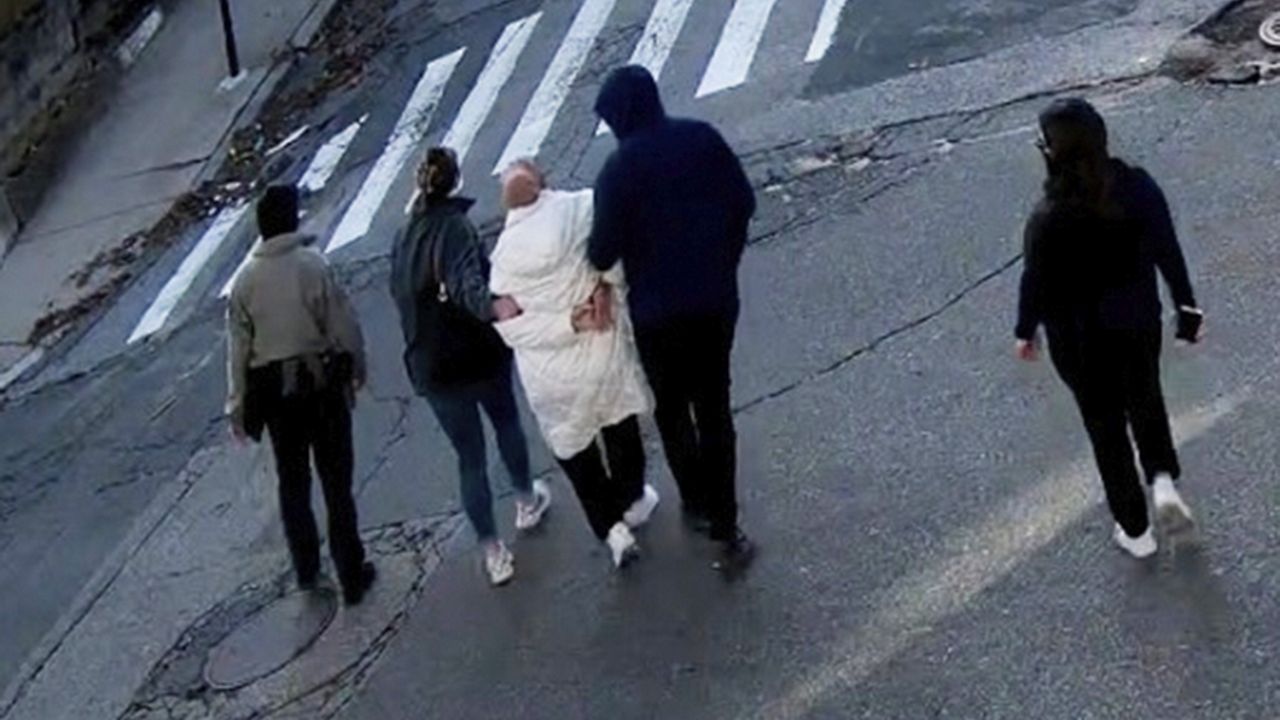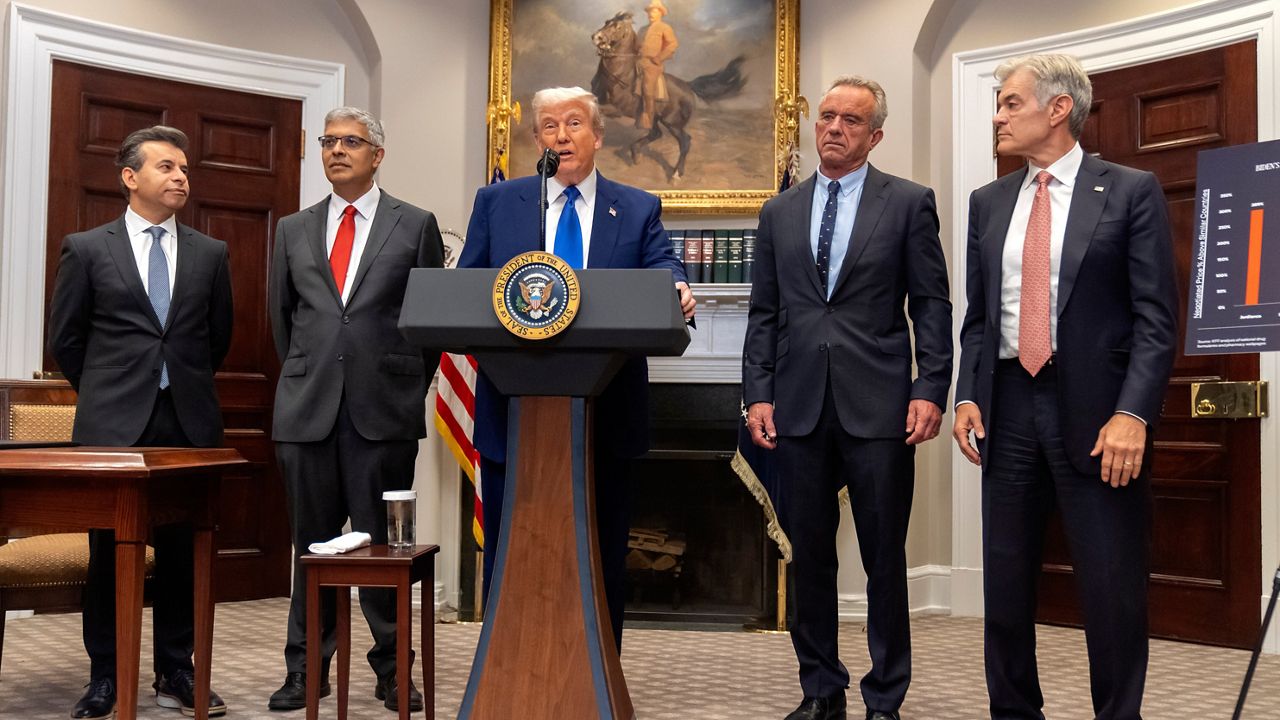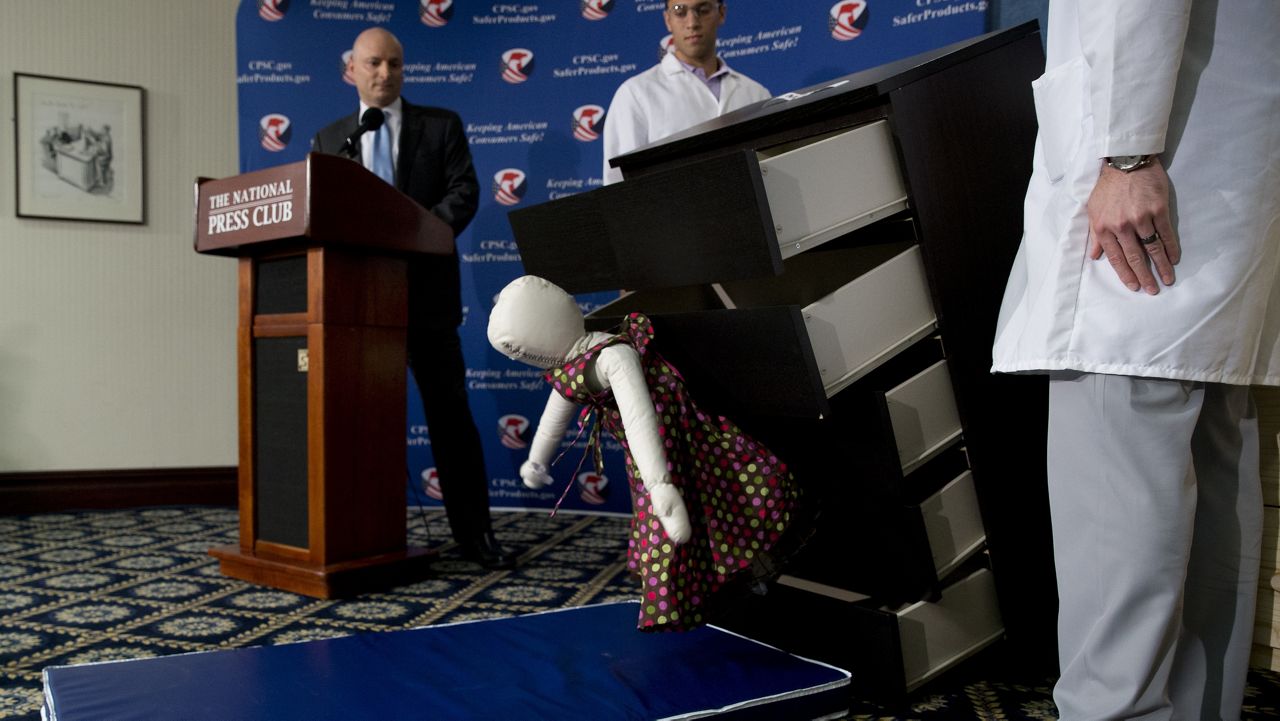President Joe Biden’s decision Sunday night to pardon his, Hunter Biden, clearing him of the possibility of serving time for federal felony gun and tax convictions sent shockwaves through the political world.
Not only did the move mark an unambiguous reversal from Biden’s previous pledge not to spare his son, it also furthered the unprecedented dynamic between the father-son duo after Hunter became the first child of a sitting U.S. president to be convicted of a crime over the summer.
The U.S., however, has a long history of president’s exercising their pardon authority – a broad power explicitly given to U.S. commanders in chief in the Constitution that can be applied to federal crimes, except in the case of impeachments. And Sunday’s decision is far from the only time its use has sparked controversy or attention. (President Gerald Ford’s pardon of President Richard Nixon is among the best known and controversial presidential pardons.)
While Hunter could be considered the closest family member of a president to receive one, Presidents Bill Clinton and Donald Trump both also used the power to clear relatives as well. Clinton pardoned his half-brother who was behind bars on drug charges while Trump cleared the father of his son-in-law Charles Kushner, who the president-elect announced over the weekend as his pick to be the ambassador to France in his second administration.
Despite famously issuing a flurry of pardons and commutations – 74 and 70 respectively – in the hours before leaving office in his first term, Trump overall granted far less petitions for reprieve than his predecessor, former President Barack Obama.
According to statistics from the Department of Justice, Obama signed off on 1,927 requests for a pardon or clemency during his two terms in office, more than eight times the 238 Trump approved during his first four years in the White House. Of the more than 36,500 petitions Obama received while in office, the former president granted more than 5%, according to the DOJ numbers. The president-elect approved less than 2% of the ones received during his first administration.
George W. Bush was the only former president in the last more than five decades to approve a similar percentage of petitions to Trump, at about 2%.
Clinton granted more than 450 or 6% of requests and former President Ronald Reagan approved 406 or nearly 12% of petitions during his time in office. Former presidents Jimmy Carter, Ford and Nixon all granted more than 20% of the petitions received during their presidencies, according to the DOJ.
Ast of Oct. 17, 2024, when the Department of Justice last updated its figures, Biden had granted 25 petitions for a pardon and 132 for a commutation. In total, those numbers add up to just 1.3% of the petitions he has received while in office, a percentage significantly below his predecessors.
However, as was the case with Trump and others, it is not uncommon for a president to issue a slate of pardons in the final days or hours before leaving office, something White House press secretary Karine Jean-Pierre told reporters not to rule out on Monday.
“This usually happens toward the end and so the president is going through that process, thinking through that process,” Jean-Pierre told reporters traveling with the president to Angola on Air Force One on Monday. “I’m not going to get ahead of him but you can expect more announcements to come.”










